
A Mandela effect (also known as false memory) refers to a phenomenon where a large group of people remember an event, fact, or detail differently from how it actually occurred or happened. While some people think memory errors are behind it, others speculate it could be a result of the government having to do something with it or parallel universes.
What are Mandela effects?
According to Britannica, “A Mandela effect is a popularized phenomenon in which a group of people collectively misremember facts, events, or other details in a consistent manner.Research has found evidence for a specific Mandela effect concerning the misidentification of certain pop culture images; however, intense debate has occurred over potential causal mechanisms, many of which include pseudoscientific explanations.” This means that the Mandela Effect is when a large group of people all remember something incorrectly in the same way. Research has shown that this happens especially with things related to pop culture, like movie scenes or logos. However, there is a lot of disagreement about why this happens, and many of the explanations people offer are considered unscientific or based on superstition.
Causes?
According to MedicalNewsToday, “Memory is highly malleable. Input from other people can change memories, causing people to misremember events or remember events that never happened.” This means that our memories can be influenced, such as conversations with others, new information, or suggestions. As a result, people may unintentionally recall details that weren’t part of the original experience or even remember entire events that never occurred. This phenomenon is known as memory distortion, and it shows how easily our memories can be shaped or manipulated, whether by other people, our own biases, or external influences.
Have you ever experienced a Mandela effect and if so how do you feel after?
According to AJMS student Gael Rios, “A Mandela effect that left me questioning basically everything was the Boots from Dora popsicle. As a kid I remember eating one on a sunny hot day but supposedly it never existed…” He explained how as a child he vividly remembers eating a Boots popsicle he bought from the ice cream truck but the thing is that Boots popsicle never existed, making this a Mandela effect.
How can the Mandela effect impact our understanding of memory and reality?”
According to The Atlantic, “The Mandela effect highlights how memory can be easily shaped and altered by external factors, such as discussions with others or media exposure. These collective false memories provide insight into the brain’s mechanisms for constructing and reconstructing past experiences, showing that our recollection of events is often unreliable and subject to change based on new information or social influences.” This means that our memories aren’t always reliable and can be altered by new information or social pressure, which can make us remember things in ways that aren’t exactly true.
Conclusion
In conclusion, Mandela effects are a strange and interesting phenomenon that shows how memories can sometimes be wrong. People can remember things in a way that didn’t actually happen, and it can even happen to a lot of people at once. Whether it’s caused by mistakes in how we remember things, outside influences, or even theories about alternate realities, Mandela effects make us think about how our minds work. From a popsicle that never existed to remembering historical events differently, it reminds us that what we remember might not always be what really happened. This mystery leaves us wondering how much of our memories are truly accurate.
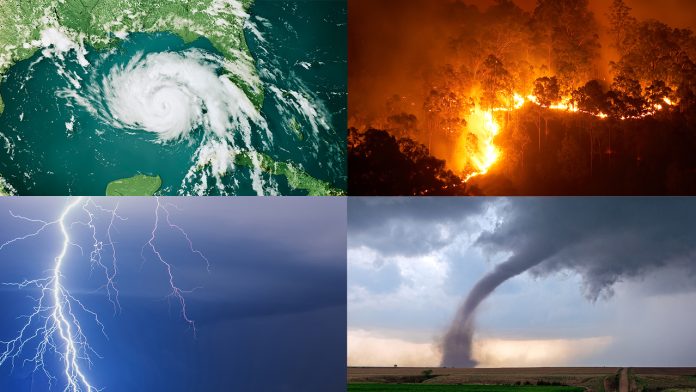
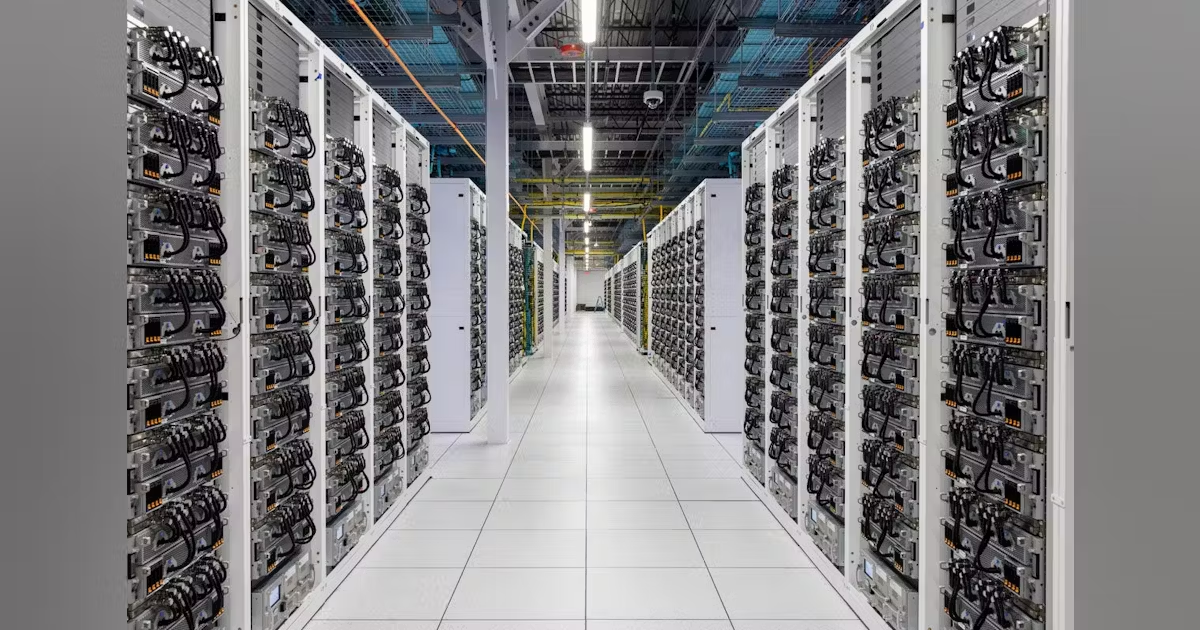


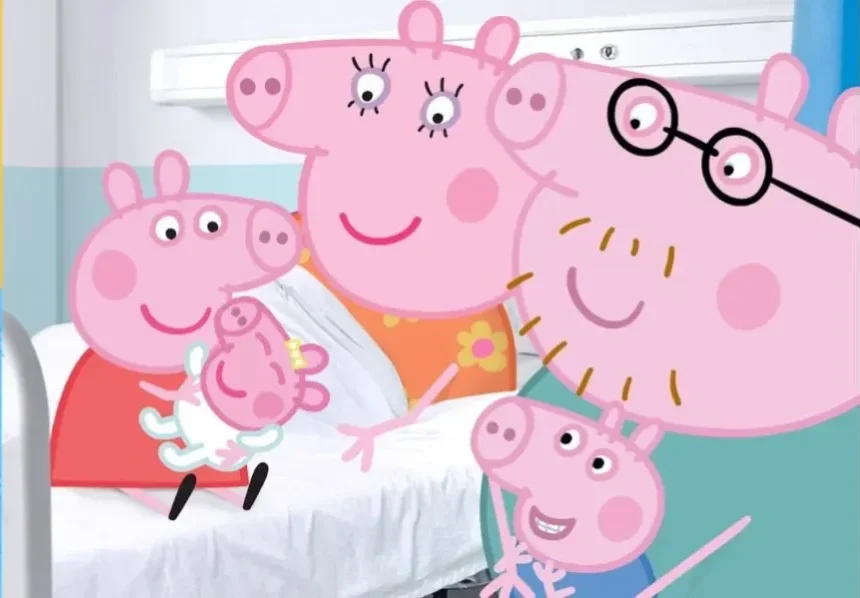

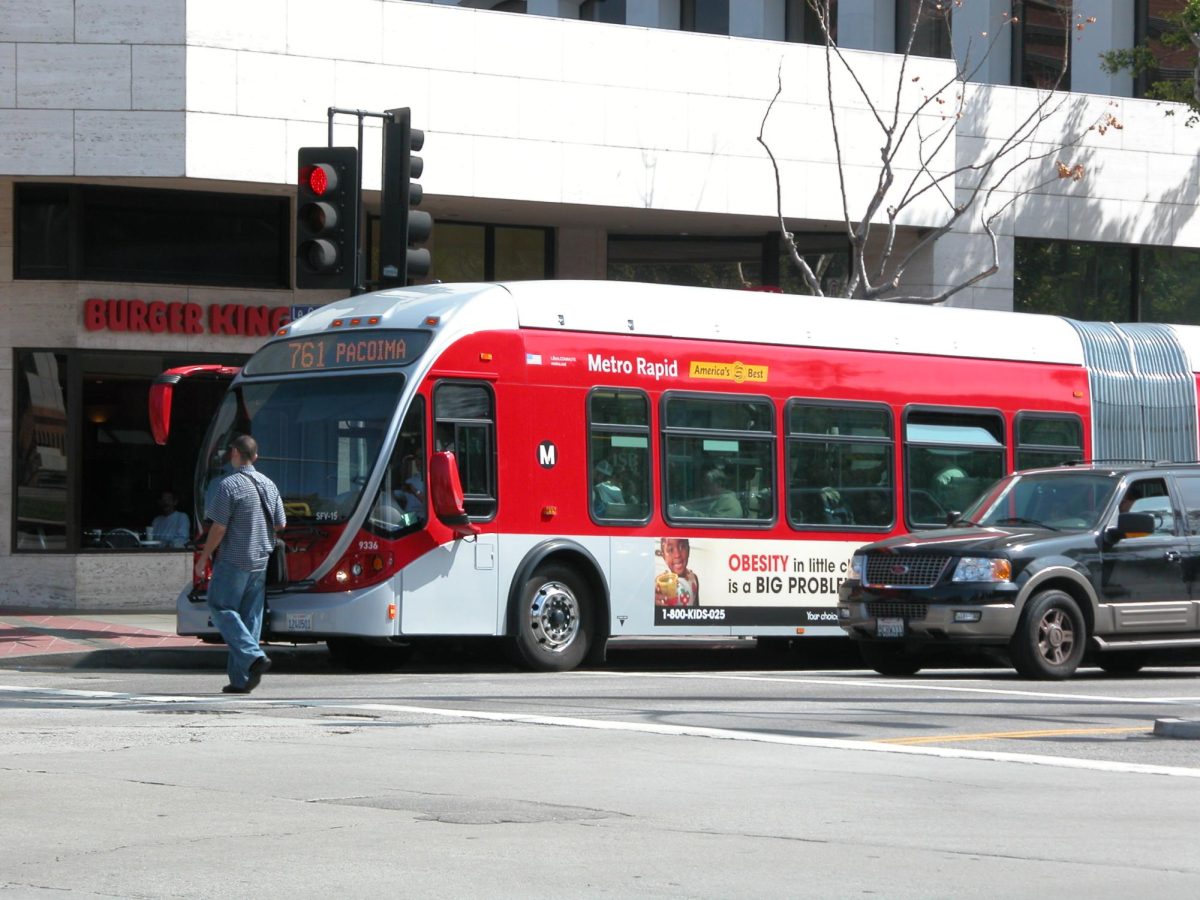
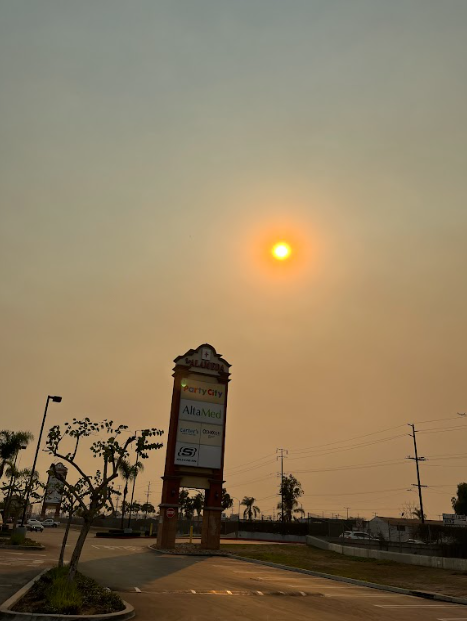
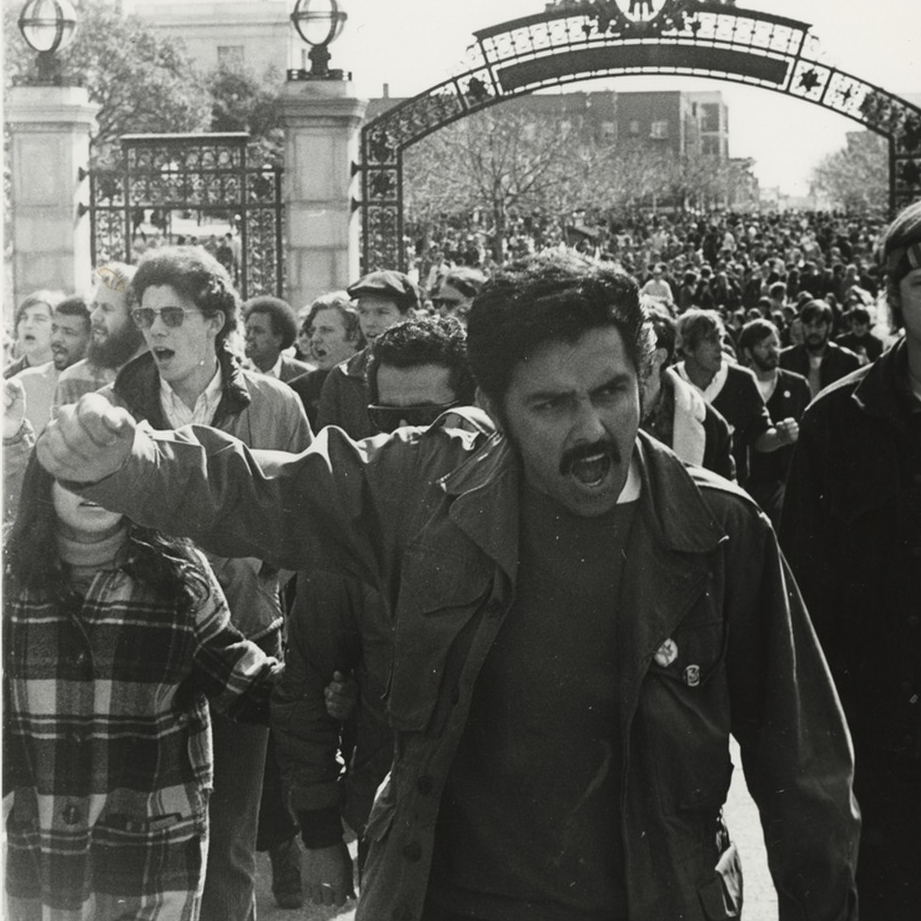

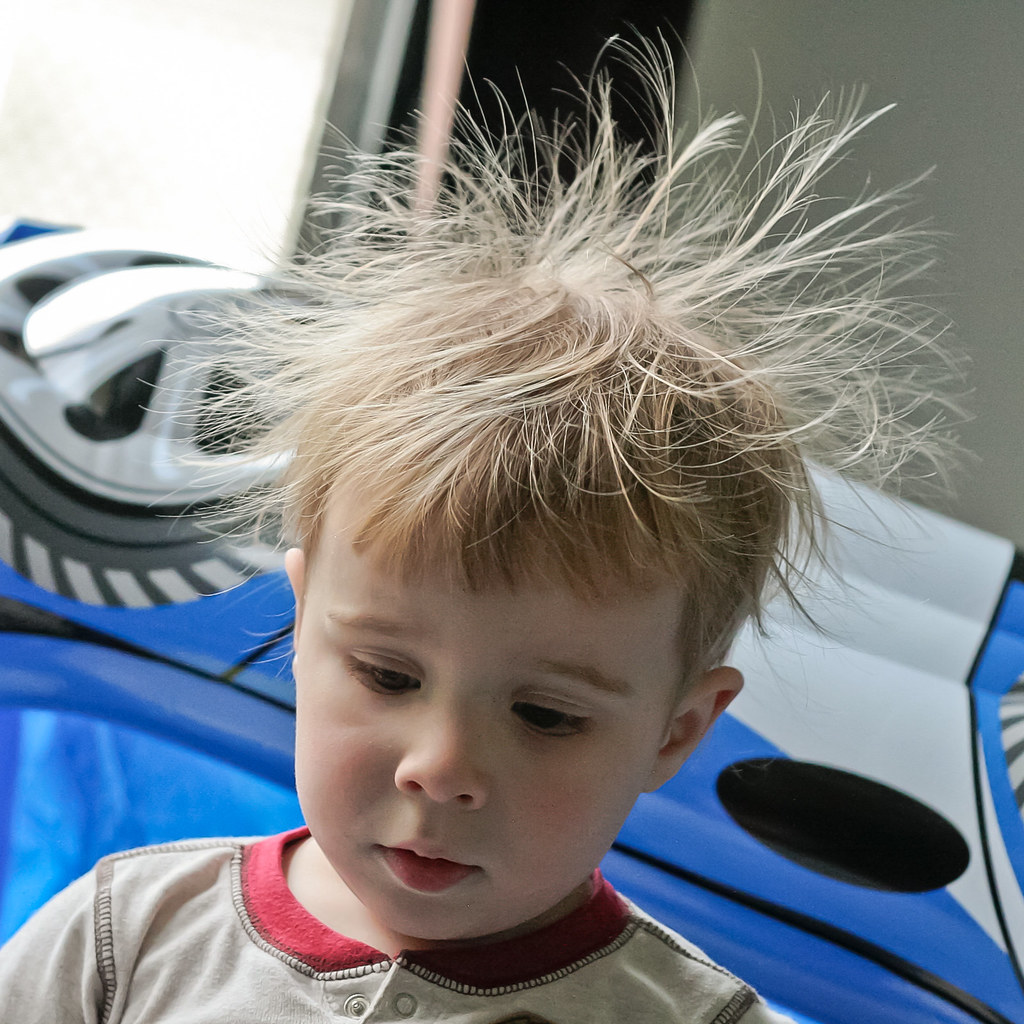

Brianna • Jan 6, 2025 at 12:29 pm
I was surprised by how there isn’t just one thing that causes Mandela effects and instead it still kind of a mystery.